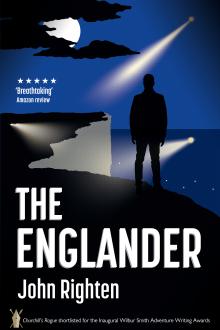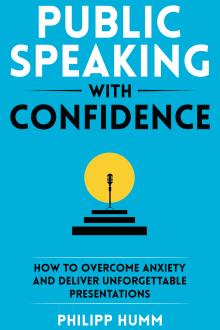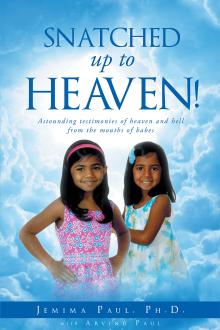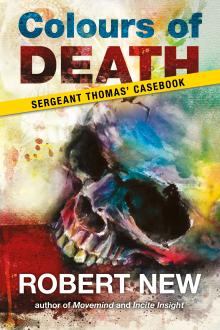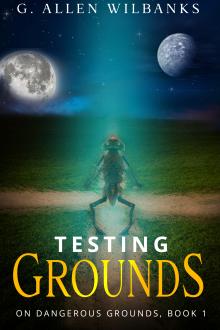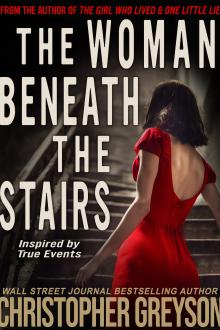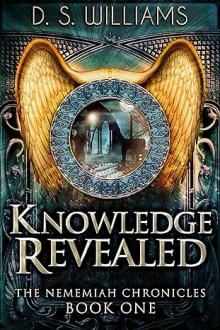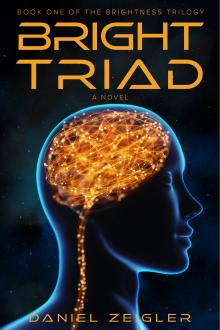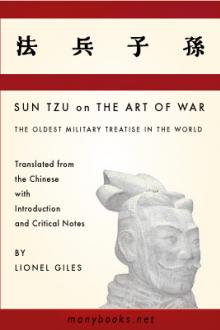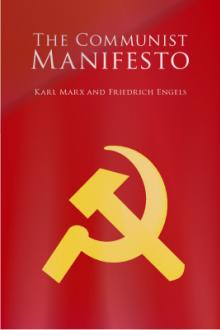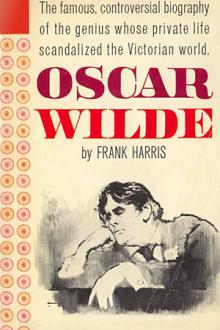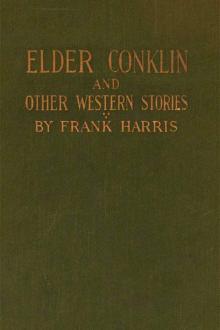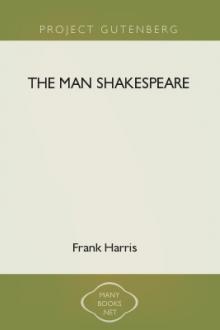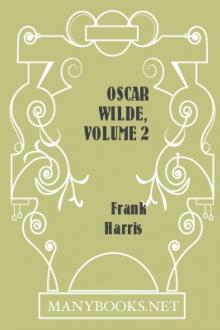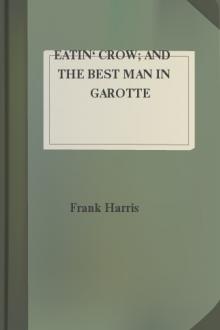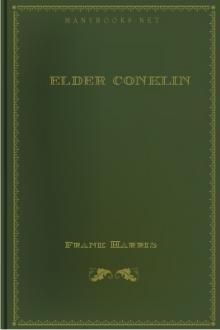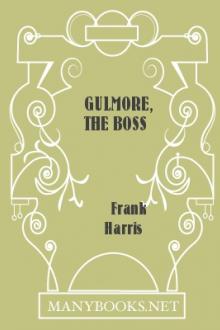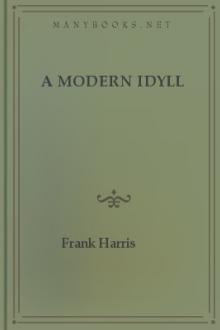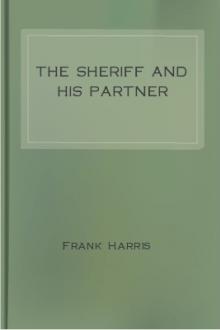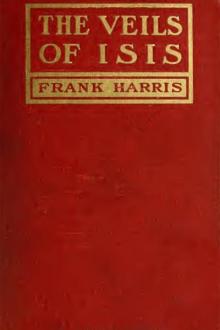The Bomb
The Bomb
Frank Harris' fictional account of the Haymarket Affair of 1886 focuses on Rudolph Schnaubelt, a German immigrant whose socialist background, discontent with his chosen country, and hatred for authority lead him to join the Chicago anarchists during the labor unrest of the 1880s. When strikes at the Pullman and McCormick plants and discontent among the stockyard employees and other workers throughout the city culminate in public demonstrations and riots which Chicago police attempt to control, it is Rudolph Schnaubelt who sets off a bomb killing eight policemen and injuring sixty people at a rally in Haymarket Square. The story is told in the first person, as seen through the eyes of Schnaubelt, who escapes to Bavaria where he watches closely the events which follow in the wake of his action. The Bomb is a depressing book on an ugly subject. Even an attempt by the author to relieve the demoralizing influence of the novel through the addition of a romantic sub-plot does little to alleviate the total starkness of the story and the writing. --Book Review Digest, 1909
Book Excerpt
t I am much of a writer; but I have read some of the great writers, and know how they picture a man, and any weakness of mine is more than made up for by the best model a writer ever had. God! if he could come in here now and look at me with those eyes of his, and hold out his hands, I'd rise from this bed and be well again; shake off the cough and sweat and deadly weakness, shake off anything. He had vitality enough in him to bring the dead to life, passion enough for a hundred men. . . .
I learned so much from him, so much; even more, strange to say, since I lost him than when I was with him. In these lonely latter months I have read a good deal, thought a good deal; and all my reading has been illumined by sayings of his which suddenly come back to my mind, and make the dark ways plain. I have often wondered why I did not appreciate this phrase or that when he used it. But memory treasured it up, and when the time was ripe, or rather, when I was ripe for it, I recalled it, and realized its significa
FREE EBOOKS AND DEALS
(view all)Popular books in Fiction and Literature, History, Politics, Romance
Readers reviews
5.0
LoginSign up
A stirring, fictionalized account of the Haymarket Affair in 1886: In the wake of a deadly strikebreaking incident when Chicago police fired into a crowd of unarmed workers, labor leaders organized a meeting on May 4 near Chicago's Haymarket Square. Denouncing the police attack, speakers urged workers to increase efforts toward an eight-hour workday and an end to child labor. Chicago Mayor Carter H. Harrison, who attended the rally, told police not to disturb the peaceful protest, already beginning to disperse due to rain. Nevertheless, once the mayor left, armed police threateningly ordered the remainder to disperse, using clubs for emphasis. In the mêlée, somebody threw a bomb, which resulted in the death of one policeman. Six others were killed by subsequent gunfire, mostly proved to be from police pistols.Afterward, capitalist-controlled, fearmongering newspapers whipped up public terror with unsubstantiated stories of anarchist conspiracies and bomb making, attacked immigrants and called for revenge. Police arrested hundreds of people, but never determined who threw the bomb. Finally, in what was afterward considered one of the worst miscarriages of justice in American history, eight men, prominent socialist and anarchist speakers and writers — Louis Lingg, August Spies, Albert Parsons, Adolph Fischer, George Engel, Samuel Fielden, Oscar Neebe and Michael Schwab —were tried for murder. Prosecutors presented no credible evidence that any the defendants threw the bomb or knew of it, and several weren't even there. The judge showed evident bias and the 12 jurors had all acknowledged prejudice against the defendants, and all eight were convicted and seven sentenced to death. The trial was thought so iniquitous that the next governor of Illinois pardoned the three defendants still living. Four of the men had already been hung, and Lingg had defiantly blown his head apart in jail. Harris's novel clearly sides with the labor and anarchist cause, but follows pretty closely the facts as they emerged after the trial. The story is narrated by Rudolph Schnaubelt, an anarchist who escaped arrest and disappeared but was thought at the time to be the probable bomber. He makes Lingg, the youngest and most dramatic of the anarchists, the central figure of the story. The novel starts with Schnaubelt recounting his boyhood and education in Germany, his emigration to the U.S. the subsequent hardships and struggles to find work at a living wage that drew him to the radicals' cause. He talks of his own and others' maltreatment by employers — people maimed for life or killed by unsafe working conditions without recompense. Interspersed with his stories of what led up to the fatal day and its aftermath, he also describes his love affair with a young woman whose views of the world seem at odds with his own. The biggest defect is that Harris makes the anarchists seem a little too good to be true, but that's nothing given the essential truths he covers. Everyone who looks at America today will find recurring echoes of the class struggles of the 19th century.
- Upvote (0)
- Downvote (0)
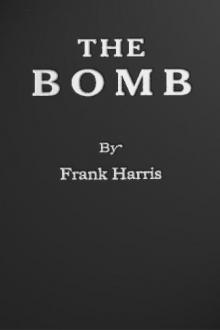
 Free Download
Free Download